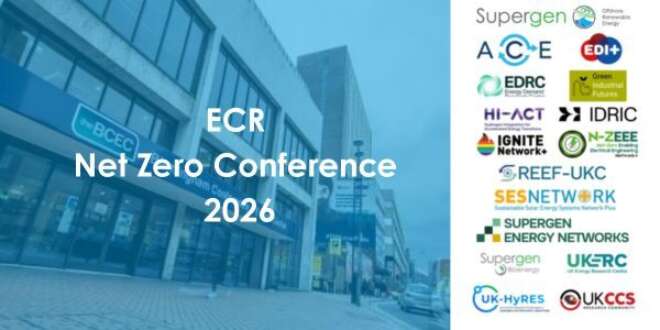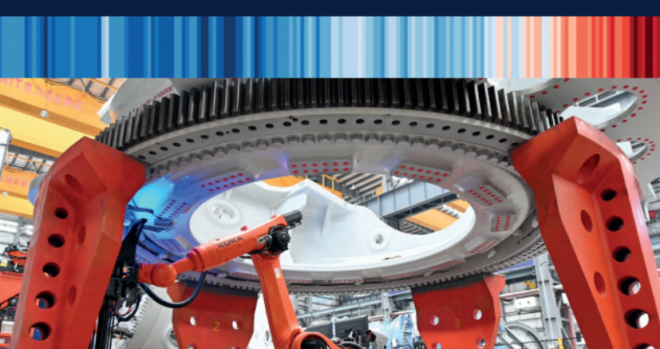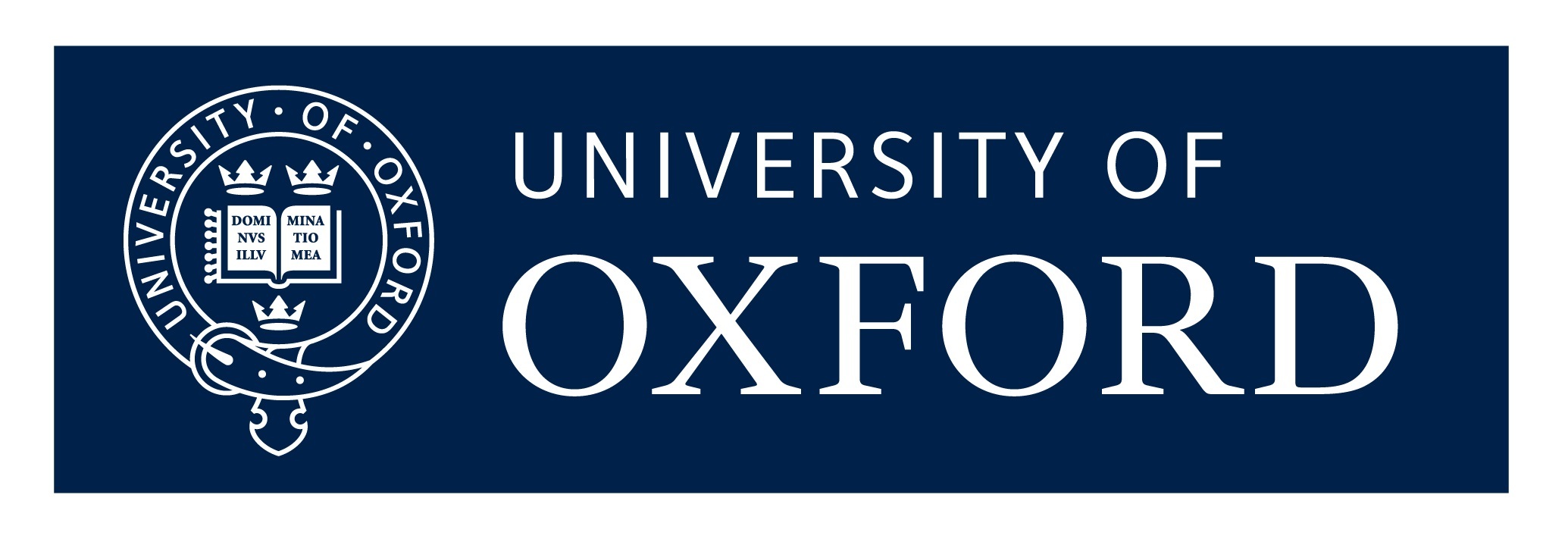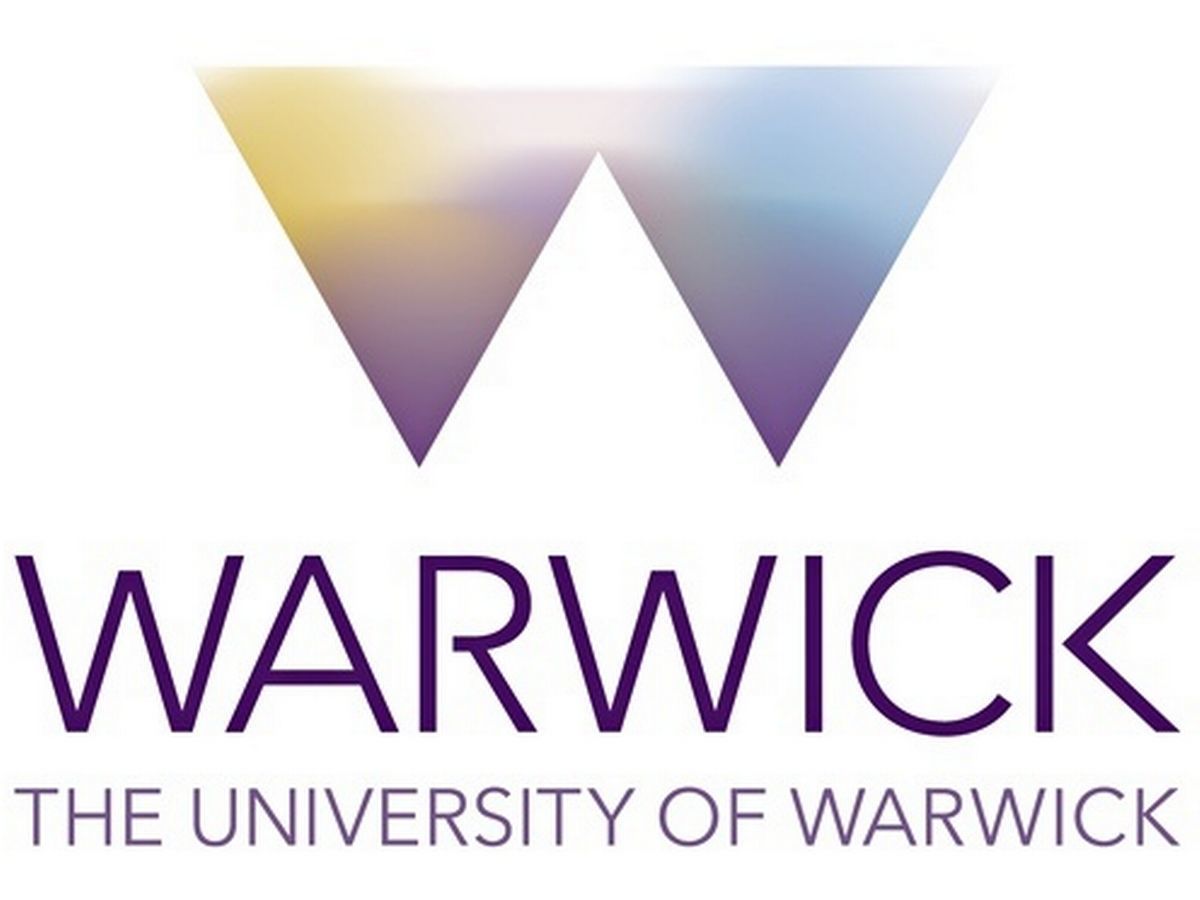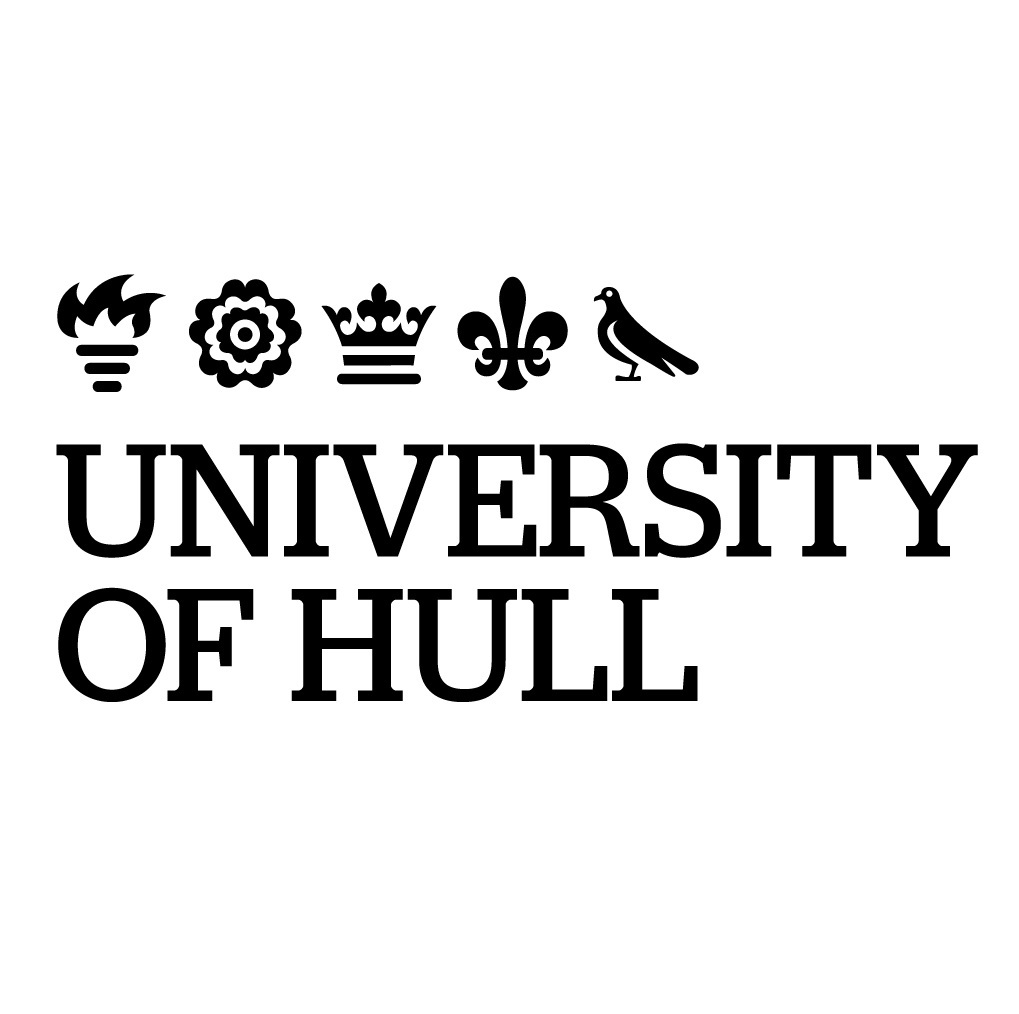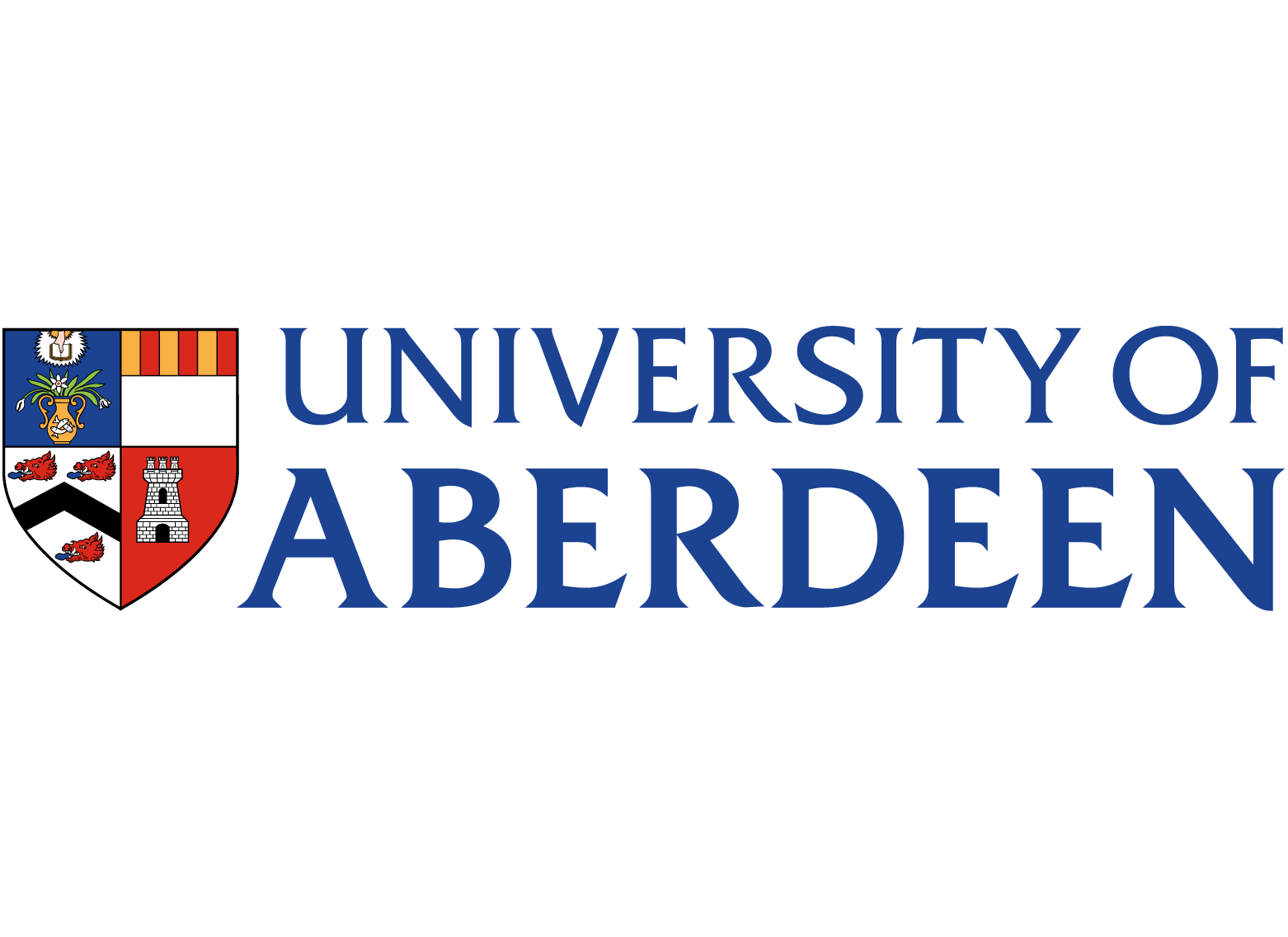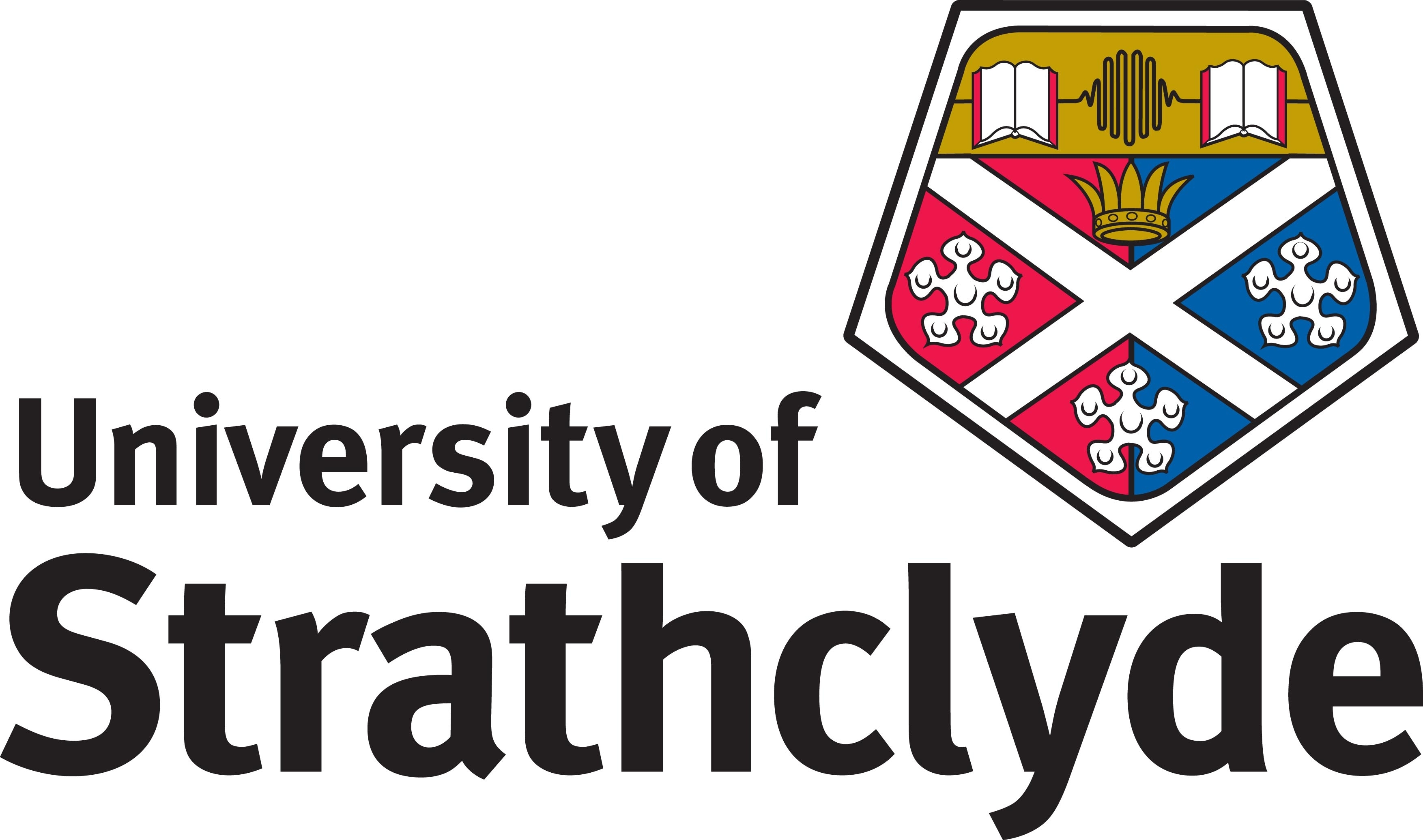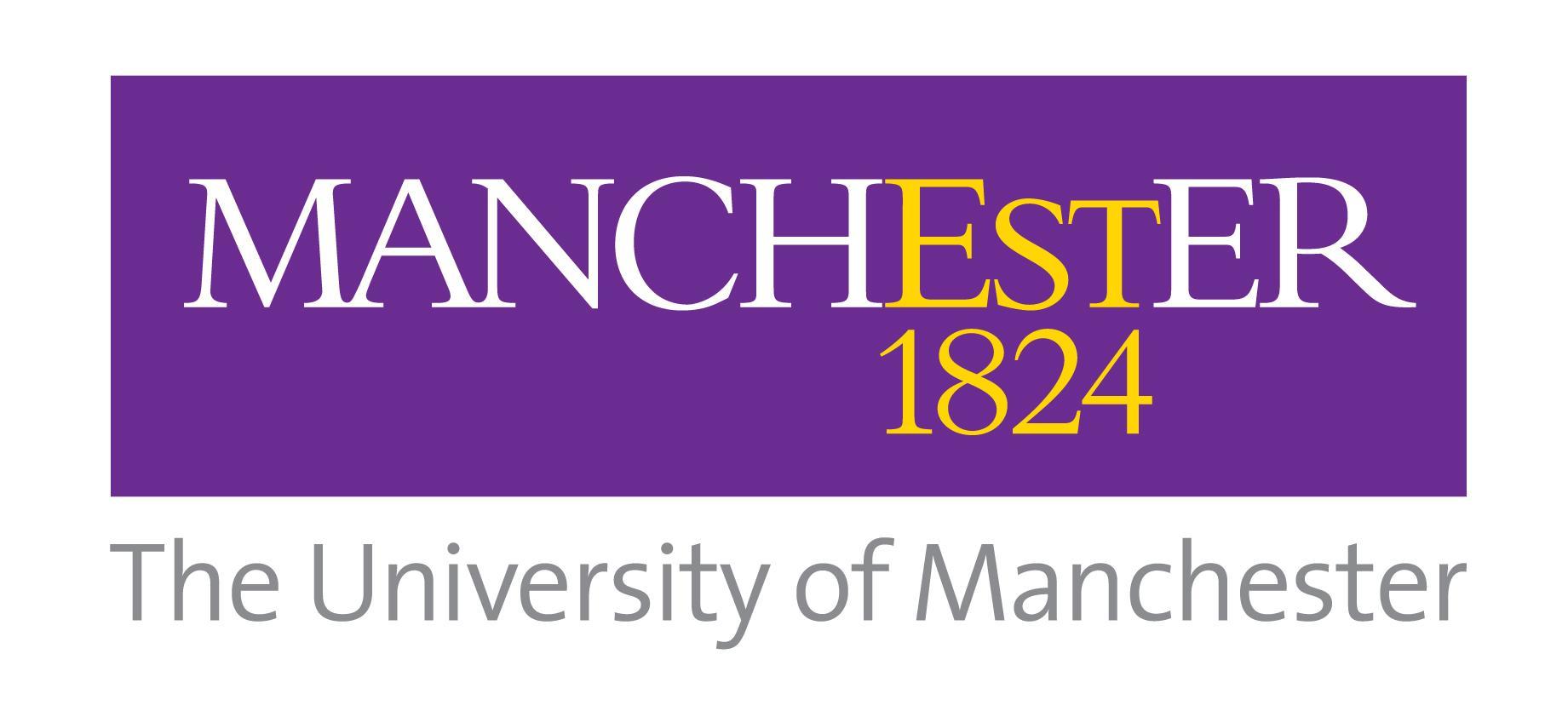
Key information
- Took place in October 2024. Scheduled again for Autumn 2026. Register your interest.
- Location: University of Manchester
- Times: Day 1: 11am - 5.30pm. Day 2: 9am - 5pm
- Duration: 2-day Masterclass
Pricing
- Industry participant rate: £1000 - Course materials and lunch included. Participants are responsible for the cost and organisation of their travel and accommodation.
- Early Career Researchers: Free - In line with EPSRC funding policy, the cost is covered for academic researchers who meet the definition of an Early Career Researcher (Post Doctoral Research Assistants (PDRAs), early career academic staff within the first three years of their academic appointment, or PhD students within 12 months of completion who are exploring a future career in the ORE sector), and are part of our network. There will be no charge for Early Career Researchers to attend a Masterclass, but they will be responsible for covering expenses such as travel and accommodation.
Included in your day
- Unparalleled access to the most up-to-date knowledge in a session created by academics at the forefront of ORE research and teaching
- Access to world-class facilities and hands-on demonstrations
- Electronic access to course material and presentations after the masterclass
- Networking opportunities
- Q&A session with Course Director(s)
- Lunch and refreshments
- Electronic certificate of attendance
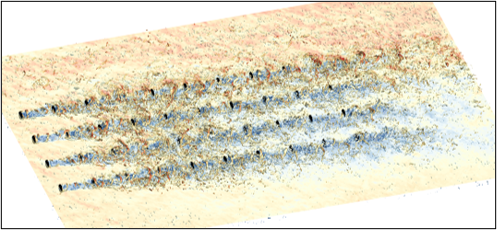
About the Masterclass
This specialised course is tailored for PhD students, researchers and industry professionals with an interest in advanced techniques for modelling flow conditions at offshore wind turbine sites. The course will focus on fluid mechanics-based models, in contrast to the low computational cost tools typically used for engineering design.
An introduction will be provided to key features of the interaction of wind turbines with atmospheric flows, complemented by an overview of the essential data sources and fluid mechanics models used for the analysis of unperturbed flow conditions at offshore sites and the analysis of turbine and farm wakes. This covers a range of data sources such as ERA5, and modelling of atmospheric flows at the mesoscale using codes, such as Weather Research & Forecasting (WRF) and at a finer scale using Computational Fluid Dynamics (CFD). Participants will also gain insight into the approaches for wake and farm modelling.
Drawing on expertise from 10 UK universities, the Supergen ORE Hub is in a unique position to offer the opportunity to learn directly from the UK's foremost specialists in offshore renewable energy at world-leading facilities. To book your place on this Masterclass we encourage you to register early as places are limited. This Masterclass is scheduled to run a second time in Autumn 2026.
| Topics covered |
|---|
| Blade Element and engineering tools |
| Computational fluid dynamics-based tools from actuator methods to blade resolved |
| Inflow synthesis including shear, turbulence and waves |
| Blade performance characterisation |
| Data analysis and sources of uncertainty |
| Demonstrations and visits |
|---|
| Demonstration/application of computational approaches |
| Hands on activities | ||
|---|---|---|
| Location | Device | Topics covered |
| Software lab | Blade section | Use of a range of open source approaches; Xfoil to CFD. |
| Tidal devices | Use of open source methods; BEM, Actuator Line and CFD methods. | |
| Synthesizing flow conditions | Generation of unsteady flows. |
Masterclass Directors
- Professor Tim Stallard - Professor of Offshore & Renewable Energy Engineering, University of Manchester.
- Professor Richard Willden - Professor of Engineering Science
About the Masterclasses Series
World-class expertise
Funded by the EPRSC, the Supergen Offshore Renewable Energy (ORE) Hub offers research leadership to accelerate the development of wind, wave, and tidal energy. We are a collaboration of 10 UK Universities that are pioneering innovative ORE research. Drawing on this expertise, our Masterclass programme is a unique opportunity to learn directly from the country’s foremost specialists in offshore renewable energy.
Unique and specialist
Pivot your career by engaging with specialist ORE researchers and access cutting-edge facilities not found in standard commercial training. Study post-graduate content in highly specialised 1 or 2 day courses. Gain a unique advantage in your work by learning innovative solutions from researchers working at the forefront of ORE. This is a unique and limited opportunity to join the best UK-based specialists at world-leading testing sites.
Hands-on learning
Immerse yourself in a dynamic learning environment through a blend of lectures, live demonstrations, and engaging hands-on activities. Benefit from the knowledge and experience of industry-leading professionals.
